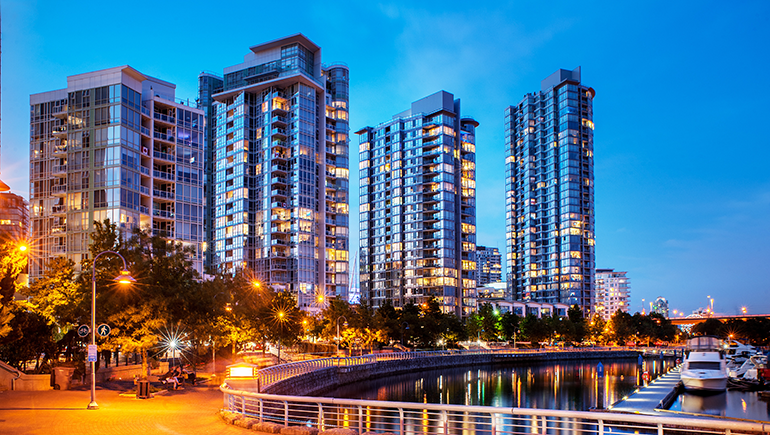Major changes to Empty Homes Tax; rate reduced to three per cent
Thursday, May 25, 2023
At a glance (3 minute read)
- Vancouver city council approved changes to the Empty Homes Tax (EHT), including a reduction in the tax rate to 3% from 5% for 2023.
- New exemptions were introduced, such as exemptions for building permits, development permits, and unsold newly-built condos.
- The purpose of the EHT is to encourage property owners to rent out empty or under-used properties, and the latest report shows a decrease in the number of vacant homes.

On May 10, Vancouver city council voted to approve new and amended exemptions to the Empty Homes Tax (EHT), including:
- a reduction in the Empty Homes Tax rate to 3% from 5% for 2023, maintaining the 2022 tax rate. The rate had been raised to 5% on April 27, but after consultation with stakeholders the rate was reduced;
- exemption if a building permit was issued within the vacancy reference year, effective starting in the 2022 vacancy reference year;
- exemption if a development permit, rezoning enquiry, rezoning application, or policy enquiry has been submitted to the city of Vancouver within the vacancy reference year, effective starting in 2022;
- a one-time exemption for 2023 for properties with strata rental restrictions, if the property was previously declared or exempt for 2022. This will end in 2023 to align with the provincial legislative enactment in November 2022 to prohibit strata rental restrictions;
- exemption for unsold, newly-built condos, effective retroactively starting in 2022. Vancouver council approved returning $3.8 million collected EHT to developers related to unsold new condo units in the city: Grosvenor: $1.65 million; Brenhill: $1.57 million; and Wesgroup: $195,363;
- exemption where a property that is not able to be occupied due to a hazardous condition or disaster for at least six months of the year that the event occurred, and the year following;
- exemption for properties being used as a secondary residence closer to medical treatment, with the requirement of a written certification from a medical practitioner for each declaration year;
- exemption to allow owners to file a late property status declaration after the late declaration deadline (second business day of July in the year following the year of the initial declaration deadline) up to five years from the tax reference year, and the owner must provide evidence to support the declaration status in order for the vacancy tax levy to be reversed from their vacancy or property tax account; and
- a late declaration penalty to be charged to owners wanting to file a late property status declaration after the late declaration deadline of 5%, calculated as a percentage of the vacancy tax levy. The penalty may be waived in specific circumstances for hardship.
Council has also directed staff to report back:
- on a graduated tax rate scheme for longer-term (repeat) vacant properties, where properties vacant for a single year would start at a lower rate, and the rate would increase if the property was vacant for multiple consecutive years; and
- with recommendations for proactive enforcement and reporting methods for undocumented empty homes, including inviting tips on the city’s EHT webpage and the Van311.ca portal.
EHT increases
Since its introduction in 2017, the EHT has been increased three times:
- 2020 increased to 1.25% from 1%
- 2021/2022 increased to 3%
- 2023 increased to 5%
EHT program purpose
The purpose is to encourage property owners to rent empty or under-used properties.
The latest Empty Homes Tax Annual Report finds that the number of vacant homes is continuing to decrease year over year.
Revenue
$115.3 million in revenue has been collected to date and has been allocated to support affordable housing initiatives.
Read the approved staff report (opens 28-page pdf), including multiple recommendations to amend the EHT, pages 1 to 2.